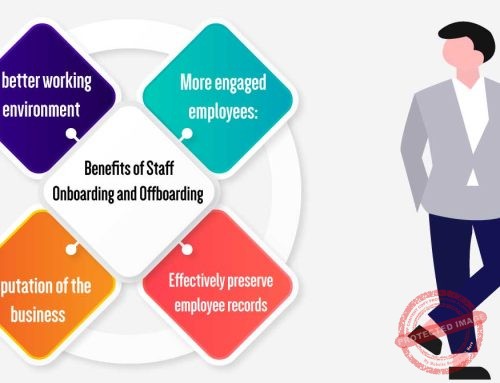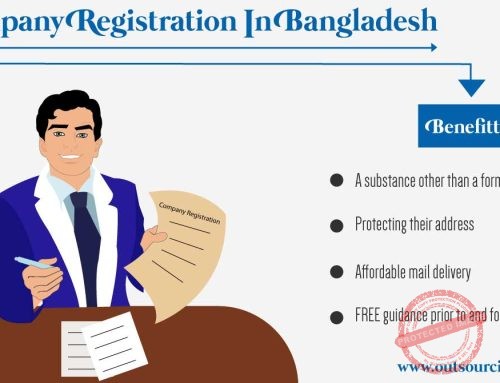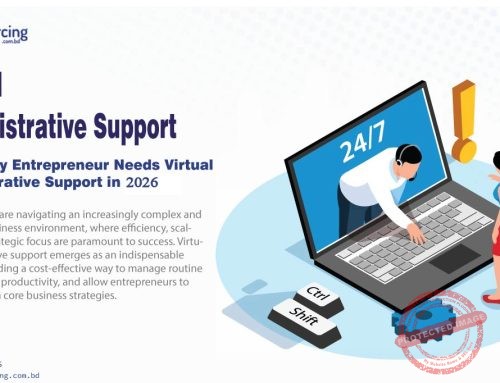Workers’ empowerment and protection are the goals of labor laws. The government of Bangladesh has been emphasizing providing good working conditions in industrial settings, banning child labor, and developing a trained workforce.
Initially, a question can be asked, “How does labor law and legislation ensure workers’ rights?”
Bangladesh labor law is very specific about everything that has to do with work and workforce. It includes pay and salary, dismissal, redress, work environment, female employees, recruitment, unionization, child labor, and so forth.
Let’s crack it below!
How Does Labor Law and Legislation Ensure Worker Rights in Bangladesh?
Bangladesh economy has had consistent expansion throughout the years, which has also produced a strong labor law framework for effective regulation of both employees and businesses.
According to section 195 of the following Act, employers are subject to certain restrictions regarding employee rights.
This clause prohibits any form of discrimination against a person in relation to employment, promotion, working conditions, or any other aspect of their life on the basis of whether or not they are a member or official of a labor union.
Some types of labor law:
1. Child Labor:
According to Bangladeshi law, no child under the age of 14 should be permitted to work in a factory.
If a youngster is over the age of fourteen, he may work as a trainee or with authorization from the government and a fitness certification that demonstrates his suitability for exposure to a work environment.
2. Working hour:
Each employee is permitted to work 8 hours per day in accordance with the Act. Any shift longer than 6 hours should have a one-hour lunch break, while shifts shorter than five hours should include a 30-minute lunch break.
Up to 48 hours of work per week can be completed by employees. If necessary, they can work up to 10 hours per day and 60 hours per week. Each worker must be given a 24-hour break in the event of a night shift.
3. Payment:
The Labour Act makes it explicit that while establishing an employee’s salary, employers must adhere to the principle of equal pay for equal labor, which applies to both men and women, and forbids any form of discrimination.
Who Is Considered A Worker By Law?
A worker or “labor” is defined by the 2006 Act as:
- Any individual (including a trainee or probationer) who is employed for any skilled, unskilled, physical, technical, business development, or clerical job in any firm or industry, whether directly or through a contractor or agency.
- More crucially, a worker primarily working in a management, administrative, or supervisory function will not be included.
What Is Labor Law and Legislation
The rights and obligations of employees who are members of unions are the main topics of labor law. Since employees have much more negotiating power when they bargain collectively as opposed to individually, some groups of workers regard unions to be advantageous.
Unions have the power to bargain for enhanced workplace safety, higher compensation, and more flexible hours.
Unions do not, however, possess unchecked authority. Leaders must treat every union member equitably and refrain from limiting their freedom of speech, assembly, and vote. When working with union members, employers are also required to abide by certain regulations.
Employers, for instance, are only permitted to bargain with designated union representatives and are required to thoroughly review any contract reached between the union and the employer.
In 2010, Bangladesh created the “National Child Labor Elimination Policy.” In order to address the problem of child labor and shield kids from dangerous employment, the policy was created. Along with other treaty commitments like the UN charter on child rights, it is also in line with the Sustainable Development Goals.
FAQs
1. Does labor law apply to employees?
Employees who work for commercial and industrial businesses must abide by the Act and Rules.
Working hours, weekly vacations, annual leave, and medical leave are all regulated by laws and regulations. Profits are also used for participation, provident funds, and gratuity benefits.
2. Do employees in Bangladesh have rights?
Bangladeshi Constitution outlines a number of key concepts pertaining to labor. For instance, it is the state’s duty to guarantee people’s rights to the ability to work, to be paid for their labor, and to be paid in accordance with those rights.
3. Do workers even have any rights?
All employees have a certain set of basic responsibilities and privileges during the length of their job. These fundamental rights are inversely correlated with an employer’s obligation to provide a comfortable and welcoming work environment.
Conclusion
The protection of workers from discrimination at work is provided by labor laws. In order to prevent discrimination on the grounds of gender, color, ethnicity, religion, they keep an eye on the employer-employee relationship.
Therefore, in my opinion, labor rights are rather well protected by legislation, but they are severely undermined by weak labor rights protection institutions.
The government should interpret the laws for the general workforce, keep an eye on labor union operations, oversee private industry policy, and other things to defend labor rights. To know more contact with us!






